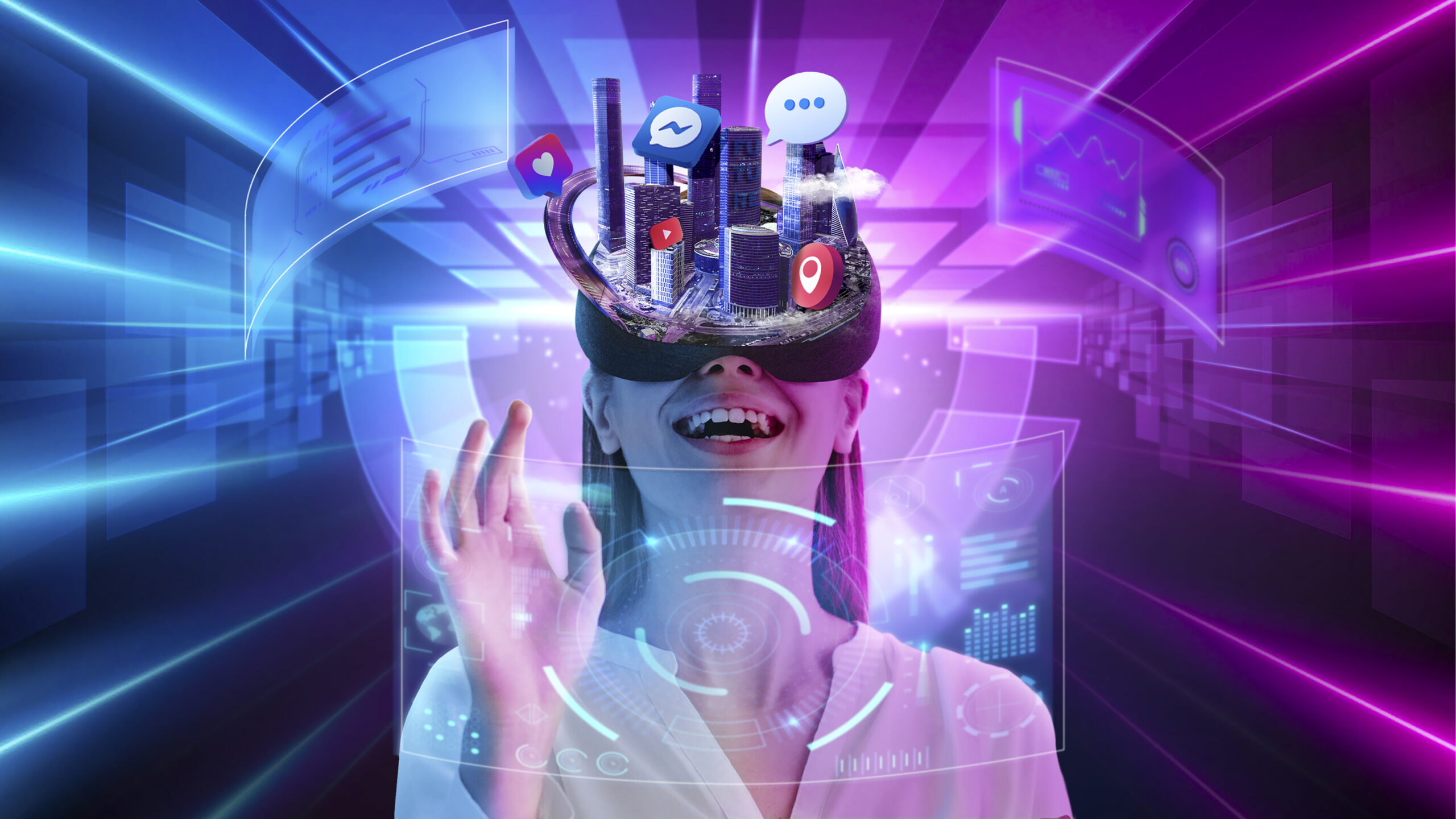Artificial Intelligence (AI) has emerged as one of the most powerful and revolutionary technologies of the 21st century. In 2025, AI has evolved from being a futuristic concept to a widely implemented tool that is transforming the way we live, work, and interact with technology. From self-driving cars to voice assistants, from healthcare diagnostics to personalized education, AI is now an essential part of everyday life.
In this article, we will explore the definition of AI, its main types, core technologies, real-world applications, key benefits, challenges, and what the future of AI looks like in 2025 and beyond.
What is Artificial Intelligence?
Artificial Intelligence refers to the capability of machines to perform tasks that typically require human intelligence. These tasks include learning from data (machine learning), understanding natural language, recognizing images, solving problems, and making decisions. AI allows computers and software to mimic the way humans think and act — but often with greater speed and accuracy.
At its core, AI is about building systems that can analyze information, draw conclusions, adapt over time, and continuously improve their performance.
The Main Goal of AI
The primary goal of AI is to create intelligent systems that can function independently, learn from data, and make decisions in dynamic environments. AI aims to minimize human involvement in routine and repetitive tasks and improve efficiency, accuracy, and productivity across all sectors.
As AI evolves, it is not only automating tasks but also enhancing human capabilities through collaboration, creativity, and decision-making support.
Types of Artificial Intelligence
AI is typically classified into three main categories based on its capability:
1. Narrow AI (Weak AI)
Narrow AI is designed to perform a specific task or solve a particular problem. This is the most commonly used form of AI today. Examples include virtual assistants like Siri and Alexa, spam filters, recommendation systems (such as Netflix and Amazon), and facial recognition technology. These systems operate under predefined parameters and cannot perform tasks outside their scope.
2. General AI (Strong AI)
General AI refers to a theoretical system that possesses the ability to understand, learn, and apply knowledge across a wide range of tasks — just like a human being. This type of AI would be capable of reasoning, solving problems in unfamiliar situations, and even demonstrating emotional intelligence. As of 2025, General AI is still under research and development.
3. Super AI
Super AI is a hypothetical form of intelligence that surpasses human intelligence in every aspect. It would have the ability to outperform the best human minds in scientific creativity, general wisdom, and social skills. Although it remains a concept of the future, researchers continue to debate the ethical and existential implications of Super AI.
Core AI Technologies in 2025
AI has grown significantly thanks to the development of several key technologies. As of 2025, the following AI components are shaping the modern digital landscape:
- Machine Learning (ML): A method that enables computers to learn from data without being explicitly programmed.
- Deep Learning: A subset of ML that uses artificial neural networks to process complex patterns, such as in image and speech recognition.
- Natural Language Processing (NLP): Allows machines to understand and respond to human language. It powers chatbots, translation tools, and voice assistants.
- Computer Vision: Enables machines to interpret and process visual information from the world, such as recognizing faces or scanning documents.
- Generative AI: Creates new content such as images, videos, audio, and text based on prompts. Tools like ChatGPT, Sora, and DALL·E are leading examples in 2025.
Real-Life Applications of AI
AI is now deeply integrated into many aspects of modern life. Some of the most impactful applications include:
- Healthcare: AI assists in diagnostics, predicting disease outbreaks, and personalizing treatment plans.
- Education: AI-driven platforms provide personalized learning experiences and automated assessments
- Transportation: Autonomous vehicles, AI-powered traffic systems, and logistics optimization are improving efficiency.
- Finance: Fraud detection, algorithmic trading, and customer service chatbots are driven by AI.
- Retail: AI analyzes customer behavior to personalize marketing and manage inventory.
Benefits of Artificial Intelligence
The advantages of adopting AI across industries are substantial:
- Increased Efficiency: Automates repetitive and time-consuming tasks.
- Cost Savings: Reduces human labor costs and error rates.
- 24/7 Availability: Machines can work continuously without fatigue.
- Improved Decision-Making: AI analyzes large data sets to offer insights faster and more accurately than humans.
- Personalization: From content suggestions to targeted ads, AI customizes experiences for individual users.
Challenges and Concerns
Despite its advantages, AI presents several challenges and risks:
- Job Displacement: Automation can reduce the need for human labor in certain sectors.
- Data Privacy: AI systems require large volumes of data, raising privacy and security concerns.
- Bias in Algorithms: AI may reinforce existing social biases if not properly trained or monitored.
- Ethical Issues: Decision-making by machines in sensitive areas (like law or healthcare) raises ethical questions.
The Future of AI
In the coming years, AI will continue to expand its role in innovation and society. We can expect:
- Greater collaboration between humans and AI
- Widespread use of AI in creative fields like music, film, and design
- Smarter cities with AI-driven infrastructure and public services
- Continued advancements in AI hardware and software for better performance
Conclusion
Artificial Intelligence in 2025 is no longer just a trend — it is a necessity for businesses, governments, and individuals who want to stay ahead. As AI becomes more integrated into our daily lives, understanding its potential, risks, and future direction is essential. Whether you are a student, entrepreneur, or technology enthusiast, now is the time to learn, explore, and adapt to the age of AI.




